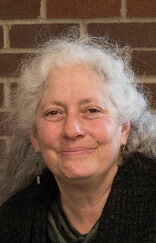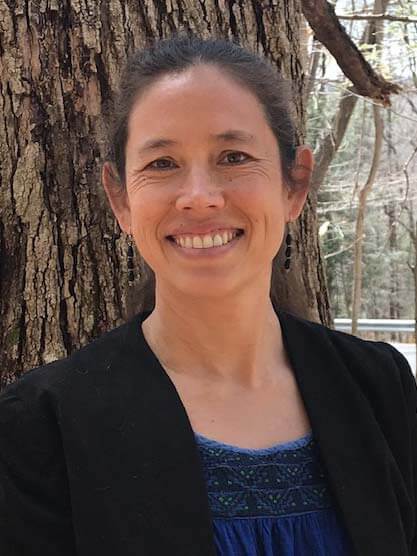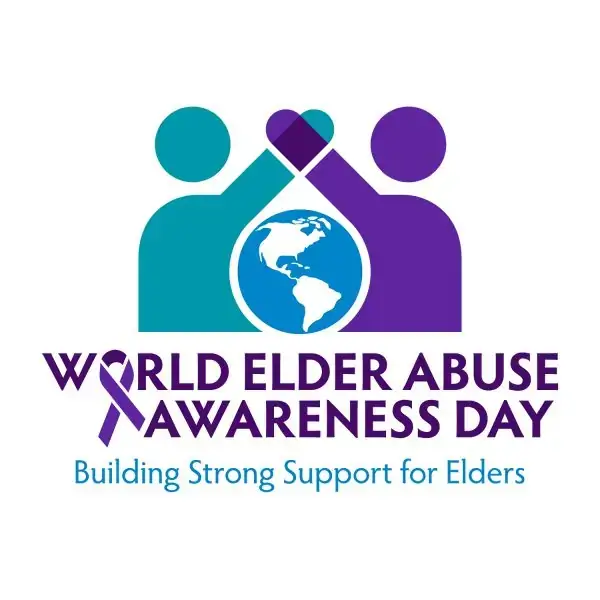I am an old timer from the field of public health. And what I have learned is that we humans are stubborn, unpredictable, and have a lot to contend with when making a health-related change in behavior. We have addictions; we have difficulty prioritizing ourselves; some of us don’t have enough money or essentials; some of us are lonely or struggle with depression and have too much to do. I have also learned that we humans have an unstoppable will to improve, try again, go for health, and make real progress. In fact, American psychologist and one of the founders of the humanistic approach, Carl Rogers, taught that all humans have the built-in motivation to develop their potential to the fullest extent possible, even when faced with barriers and challenges. So, as a new year comes around again, and we are drawn to hope and a fresh start, the Healthy Living Department wants to cheer you on along your path toward health.
I have also learned that we humans have an unstoppable will to improve, try again, go for health, and make real progress.
For the past 30 years or so, drawing from scientific research in education, psychology, and human learning, public health experts have taught us about certain conditions that could make it more likely for someone to change an unwanted behavior. We were taught we would more likely change a behavior if we had more confidence in our ability to do a new behavior and to take one small, achievable step at a time. We learned that we are more likely to change if the change was important to us and if we have some knowledge and skills (for example, knowing what causes blood sugar to rise and how to test for it). We learned that someone who states their intention clearly with witnesses is more likely to accomplish their intention. We learned that we are helped by having access to peers who are struggling with the same challenges as we are so we can think together about ways to overcome them, for instance by asking ourselves, “What are my options for eating well when I am sick or tired, when I can’t afford to pay for good food or get myself to the store or am dependent on someone else’s cooking?” (Possible answers might include Meals on Wheels, Farmer’s Markets, the Stone Soup Café, etc.)
So, how do we use this wisdom as we plan our resolutions for this upcoming year? We take small, doable steps to change the behavior(s) that we feel are most important. We find people who can inspire us, kick our butts, love and support us, and help us think of solutions to our barriers together. We get informed and state our intentions out loud and to others. We forgive ourselves for the curvy path we are taking because we change in stages, from not-yet-decided or committed, to thinking about it, then planning it, then taking the first steps. And if we are lucky, we find ways to maintain the new behavior, even though we may relapse and go backward periodically. At the beginning of 2022, our Healthy Living Department hopes that you find one small step to take for this year that will bring you closer to health and happiness, and that you join us for one or more workshops that were created with these strategies in mind.





